“Preparing Your Soul: A Comprehensive Guide to Spiritual Growth in Ramadan
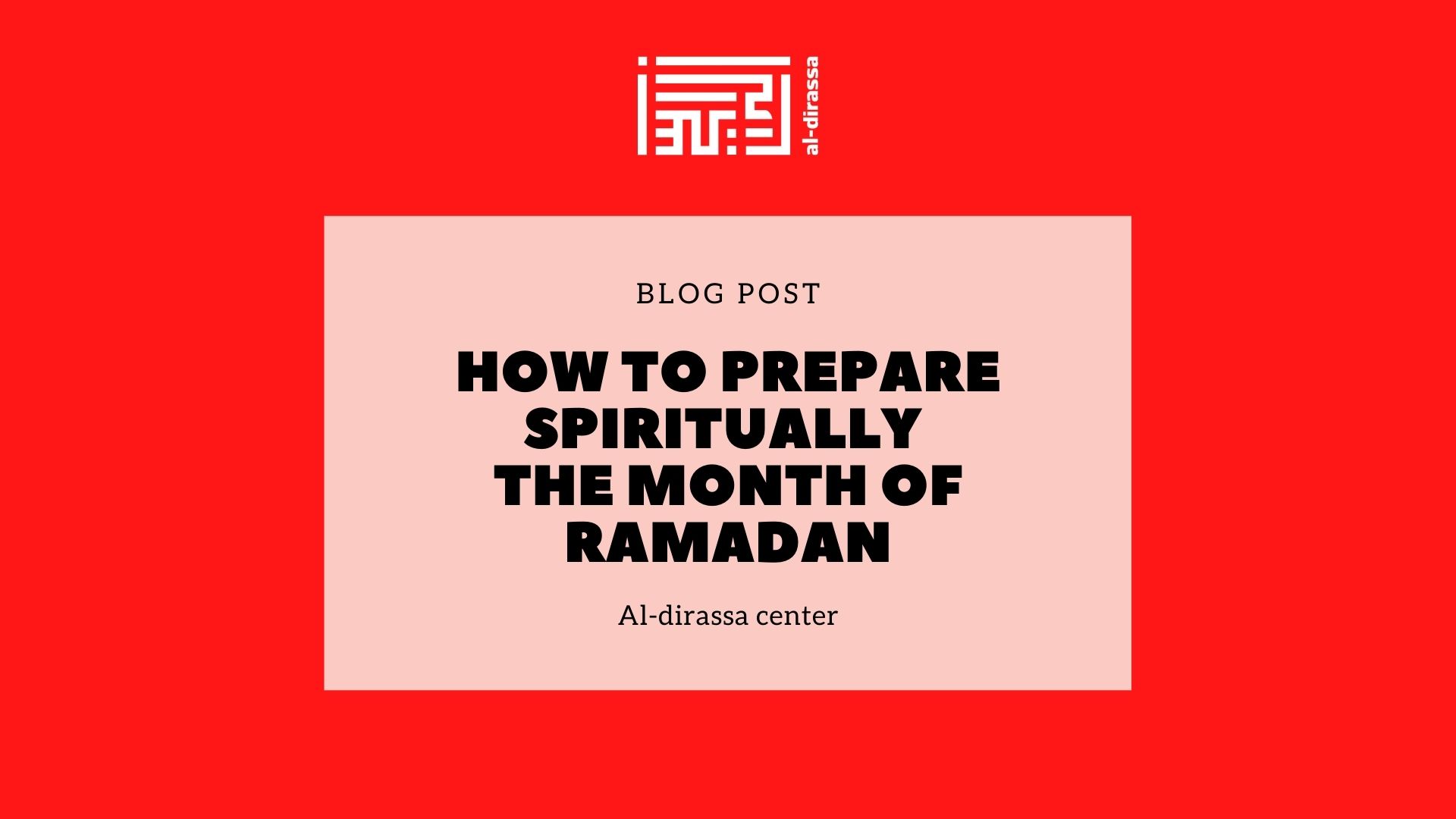
Preparing Your Soul: A Comprehensive Guide to Spiritual Growth in Ramadan Preparing Spiritually for the Sacred Month of Ramadan In the blink of an eye, the blessed month of Ramadan is approaching. Allah SWT reminds us in the Quran: “O you who have believed, decreed upon you is fasting as it was decreed upon […]
Top 19 Effective Strategies for Mastering the Arabic Language
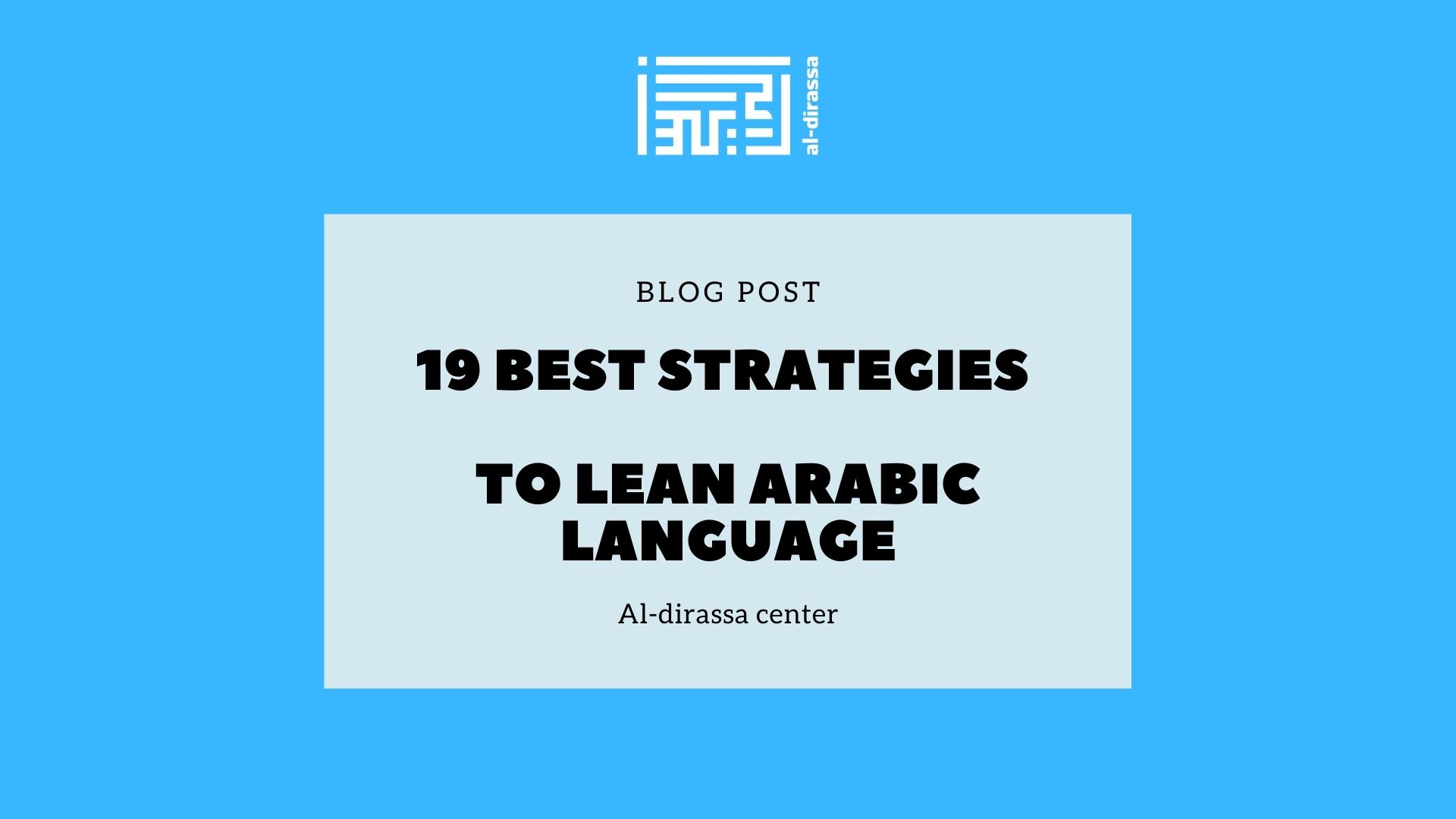
Top 19 Effective Strategies for Mastering the Arabic Language Arabic, a rich language steeped in history, offers a unique challenge for language enthusiasts. While its grammar rules and pronunciation can be complex, adopting the right learning strategies can simplify the process. Whether you’re setting out on this linguistic journey individually or as a family, here’s […]
The imperative verb in Arabic | الْفِعْلُ الأَمْرُ
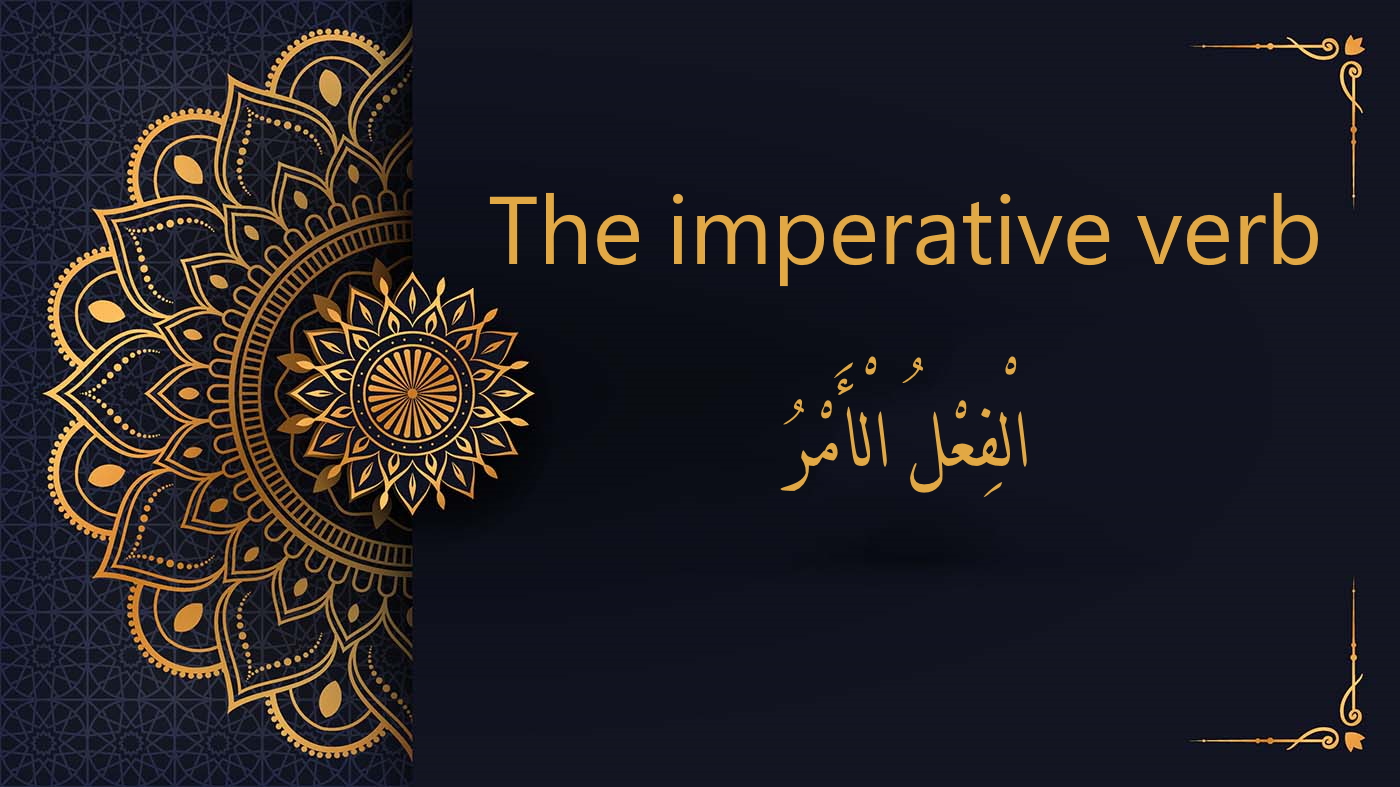
The imperative verb in Arabic | الْفِعْلُ الأَمْرُ Introduction In Arabic, the imperative refers to the command form of a verb. This command can be categorized into: Direct Command: Addressed to the second person. Indirect Command: More subtle or implied. For the Direct Command, here are some examples: اِضْرِبْ (you) hit […]
Moods of the imperfect tense in Arabic – صِيَغُ الْمُضَارِع | Arabic Free Course
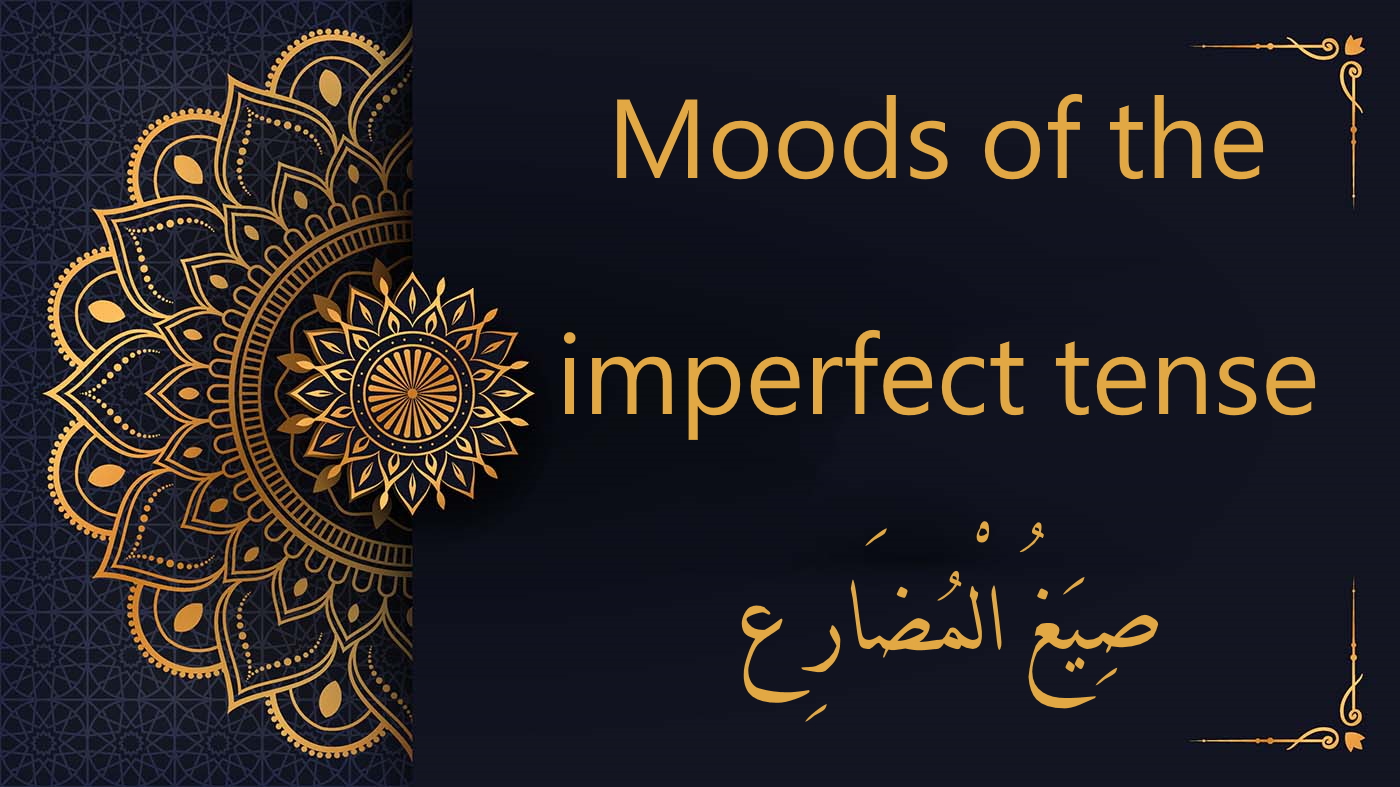
Moods of the imperfect tense in Arabic – صِيَغُ الْمُضَارِع Introduction In Arabic grammar, the imperfect tense, or المُضارِع (al-mudāri’), can take on different moods, including the subjunctive mood (المُضارِع المَنصوب – al-mudāri’ al-mansūb) and the jussive moods (المُضارِع المَجْزوم – al-mudāri’ al-majzūm). These moods bring variations to the regular imperfect tense verb conjugations and […]
The Significance of Tajweed Sciences in Proper Quran Recitation
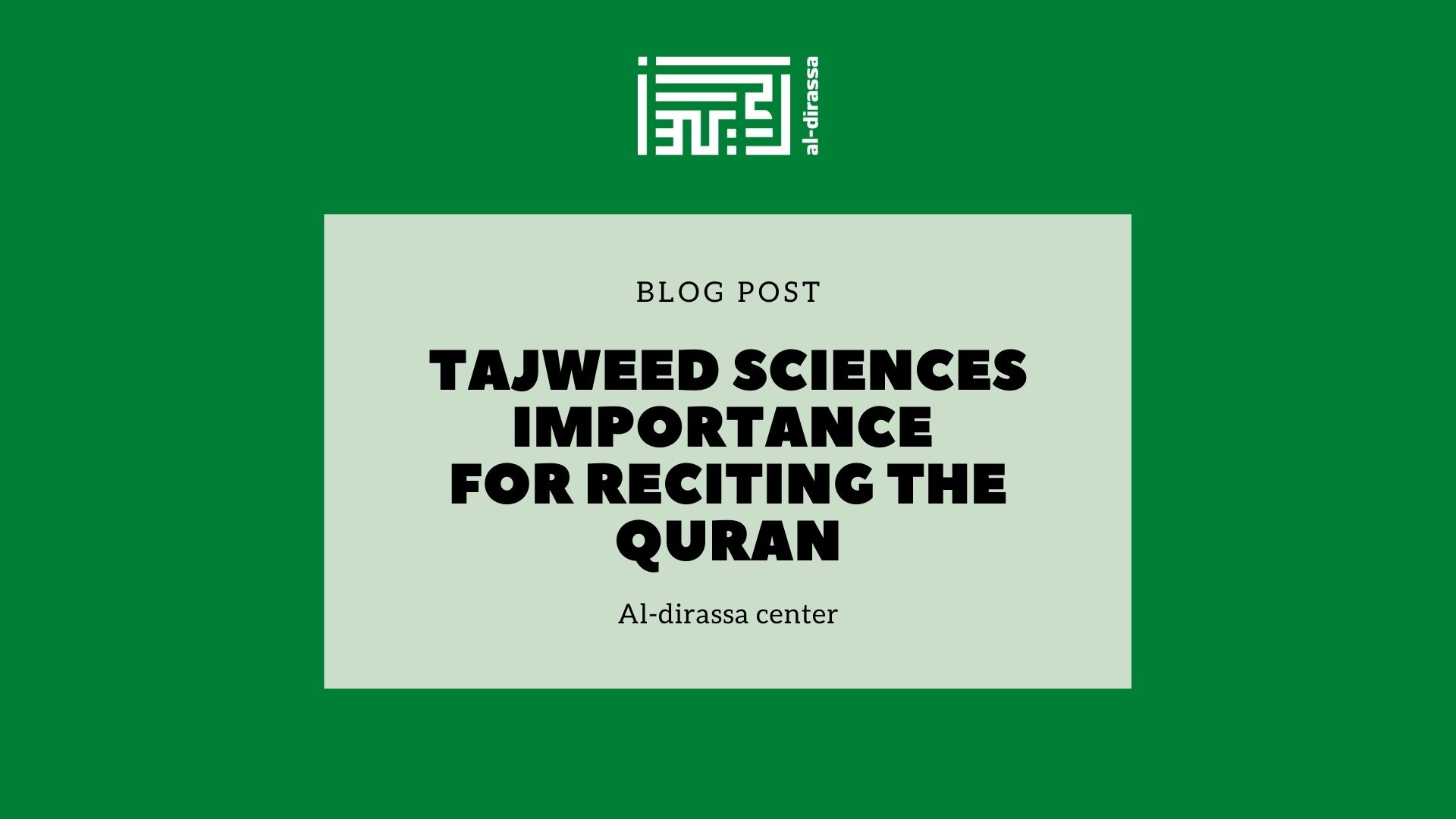
The Significance of Tajweed Sciences in Proper Quran Recitation The Importance of Tajweed in Quranic Recitation The Holy Quran, esteemed as the literal words of Allah Almighty, stands as the beacon of guidance for all of humanity. Its profound significance in the life of a Muslim is undeniable, necessitating the correct and clear reading, writing, […]
Master Basic Arabic in 30 Days: The Ultimate Guide to Fast-Track Your Learning
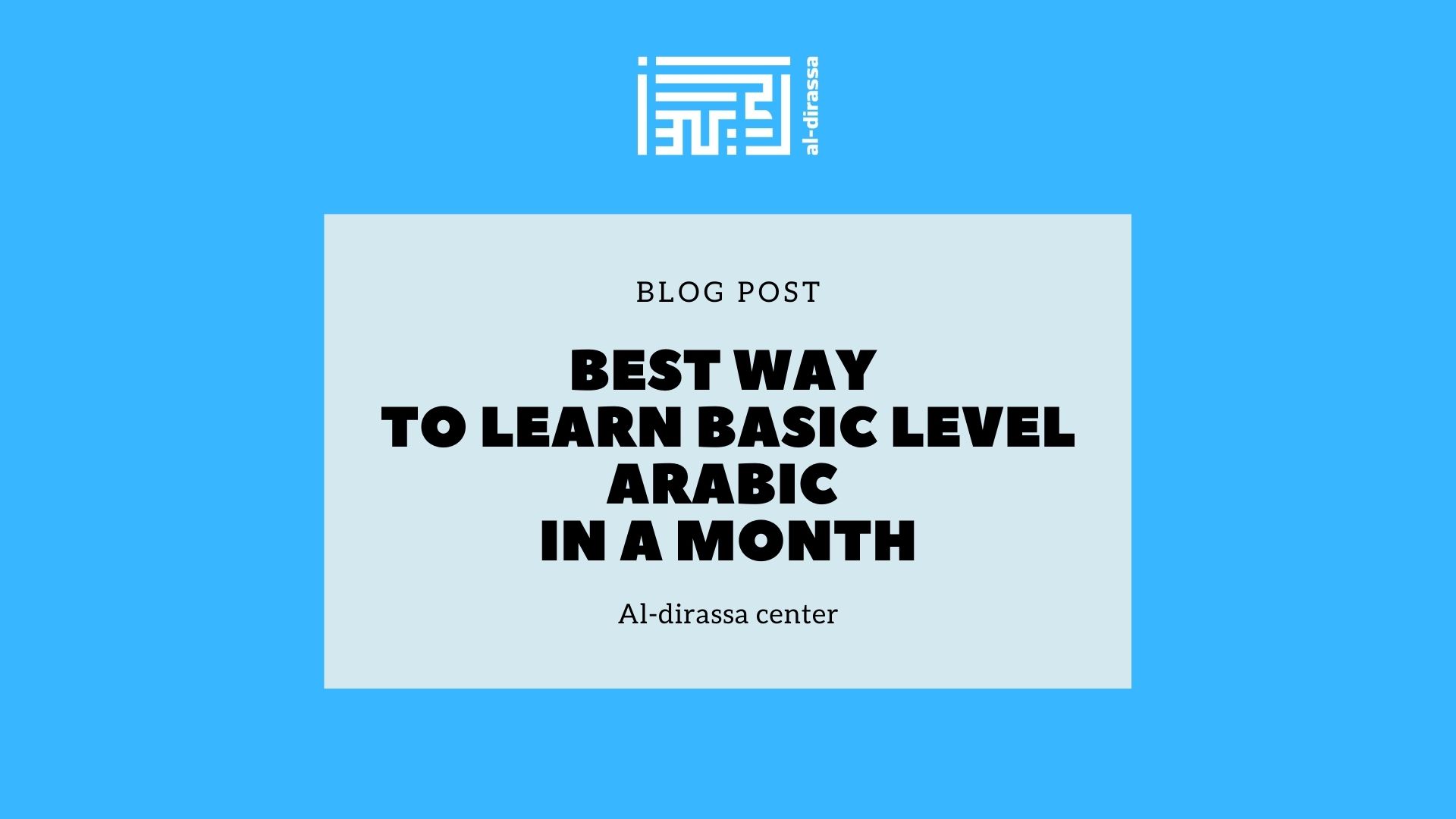
Master Basic Arabic in 30 Days: The Ultimate Guide to Fast-Track Your Learning Mastering Basic Arabic in a Month: A Comprehensive Guide The world is a vast tapestry of over 6500 languages. While mastering all of them is an impossible task, diving deep into one language can be an enriching experience. If Arabic is your […]
Mastering Arabic: A Comprehensive Guide to Learning the Language
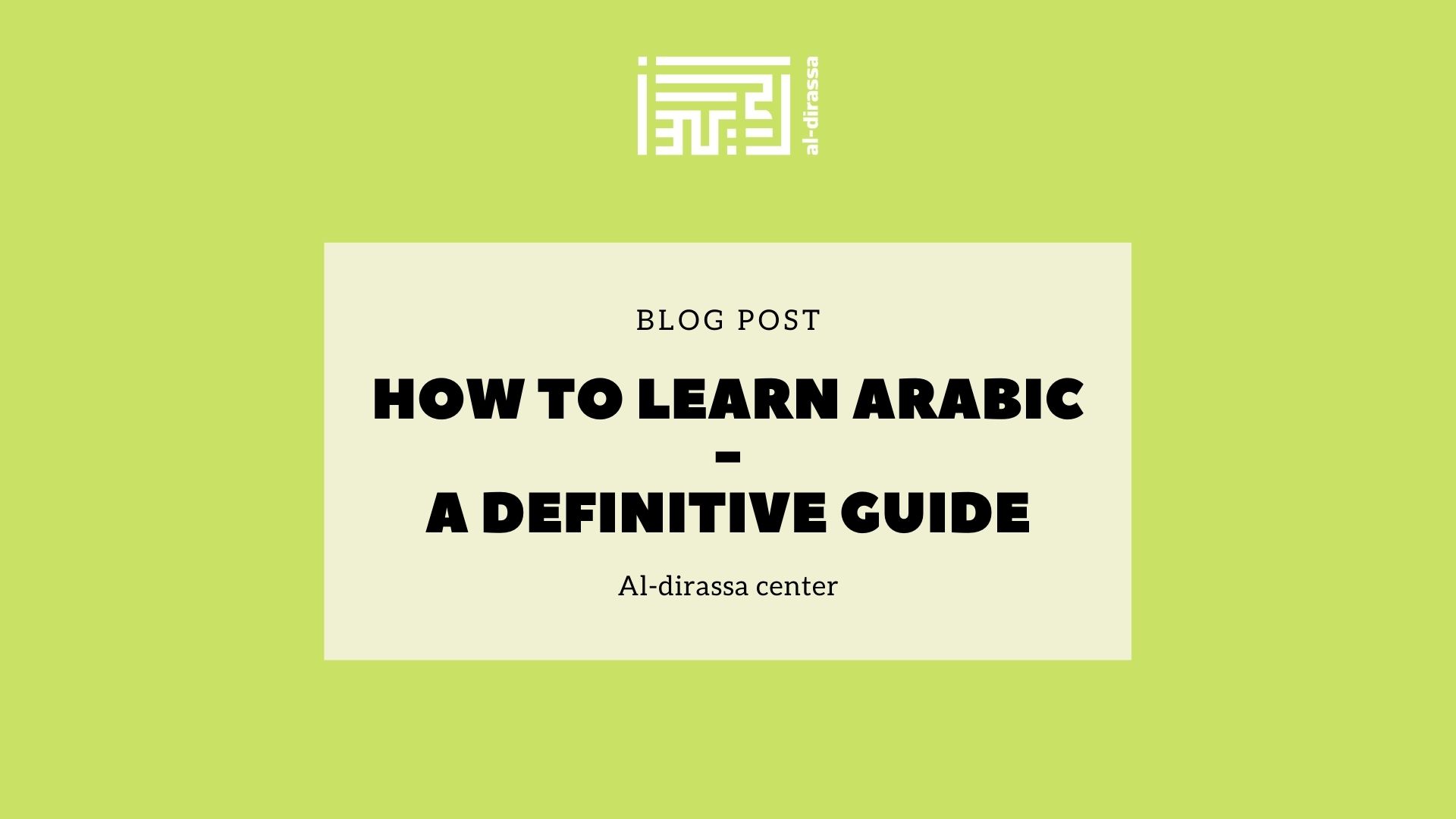
Mastering Arabic: A Comprehensive Guide to Learning the Language Mastering the Arabic Language: A Comprehensive Guide Arabic, ranked as the sixth most commonly spoken language globally, serves as the primary medium of communication in various Arab nations. While traveling or conducting business in these regions, a grasp of the language becomes invaluable. Contrary to popular […]
Top Kids’ Courses: Boosting Knowledge & Fostering Lifelong Learning
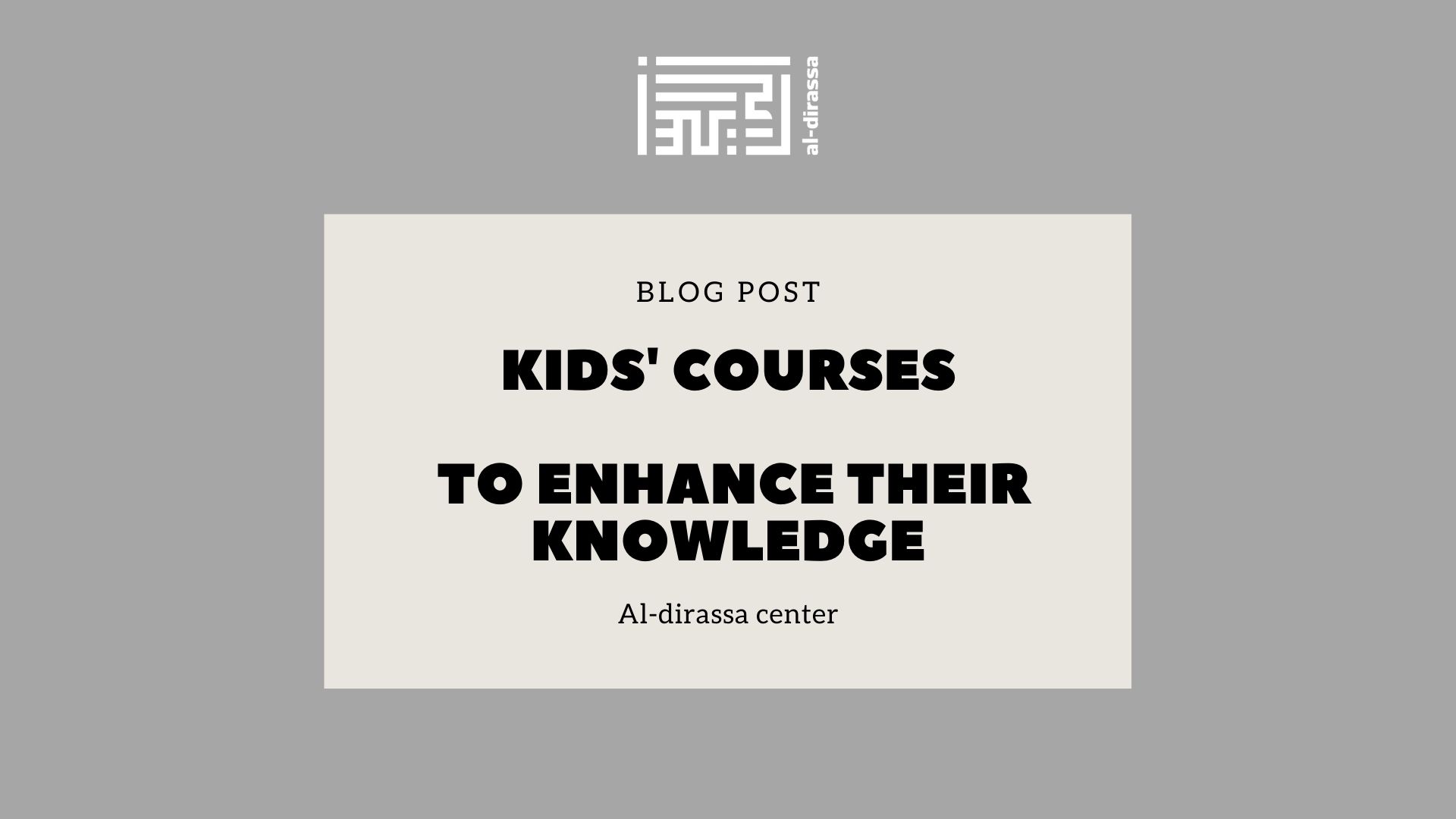
Top Kids’ Courses: Boosting Knowledge & Fostering Lifelong Learning Empowering Children’s Future: The Significance of Learning the Arabic Language Children, the blossoming buds of our community, are inherent learners with an insatiable curiosity. In this dynamic era where globalization and intercultural interactions are prevalent, equipping our children with an additional language is akin to handing […]
Gratitude in Islam: Understanding Thankfulness from a Muslim Perspective
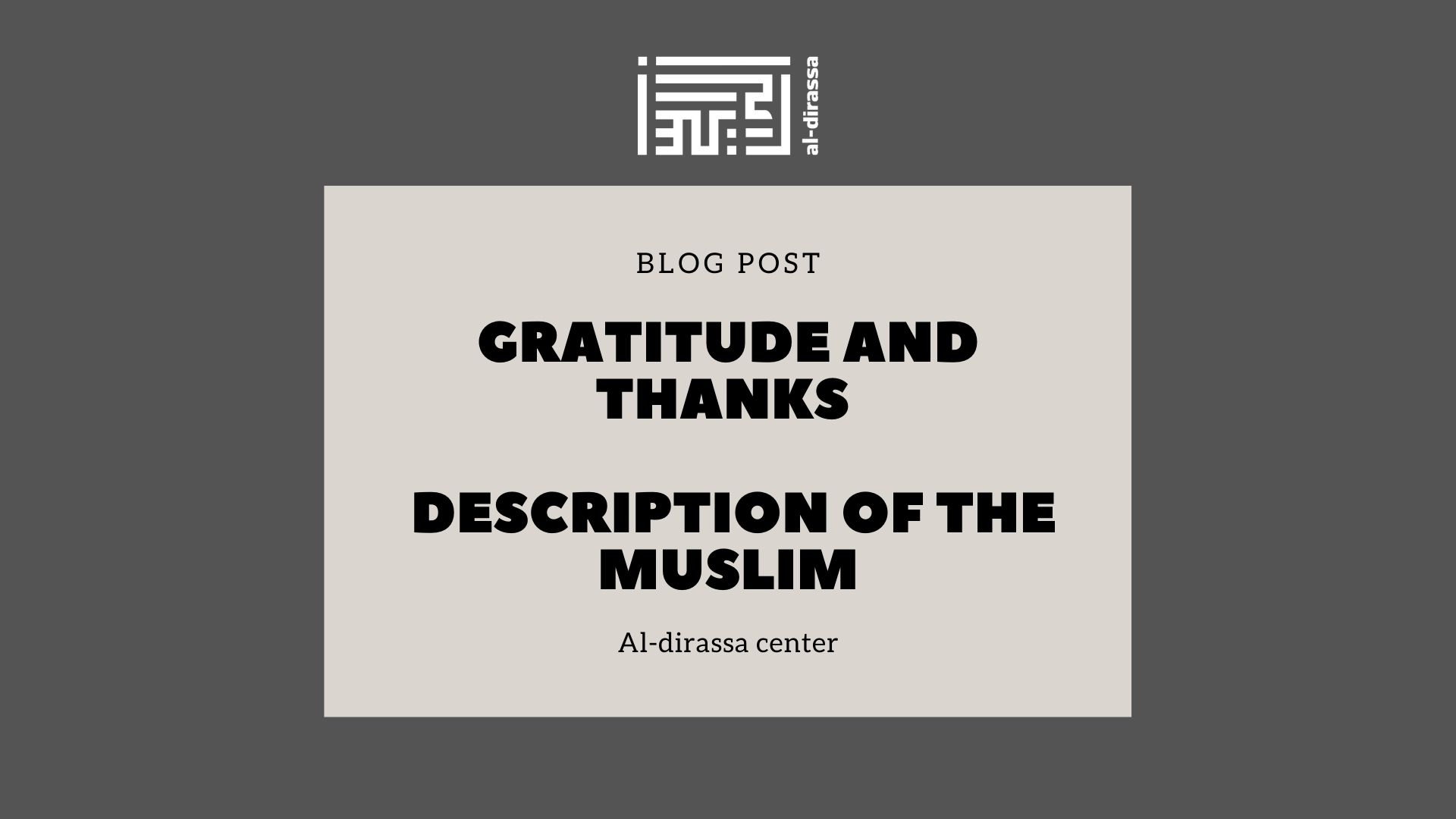
Gratitude in Islam: Understanding Thankfulness from a Muslim Perspective Gratitude in Islam: The Essence of the Muslim Believer Gratitude, as the Quran reminds us, stands as a cornerstone of the Muslim faith. Within the Quran, there are several verses that emphasize the boundless blessings Allah has showered upon us. “And if you would count […]
Past continuous in Arabic – الْفِعْلُ الماضِي الاِسْتِمْرَارِي | Free Arabic Course
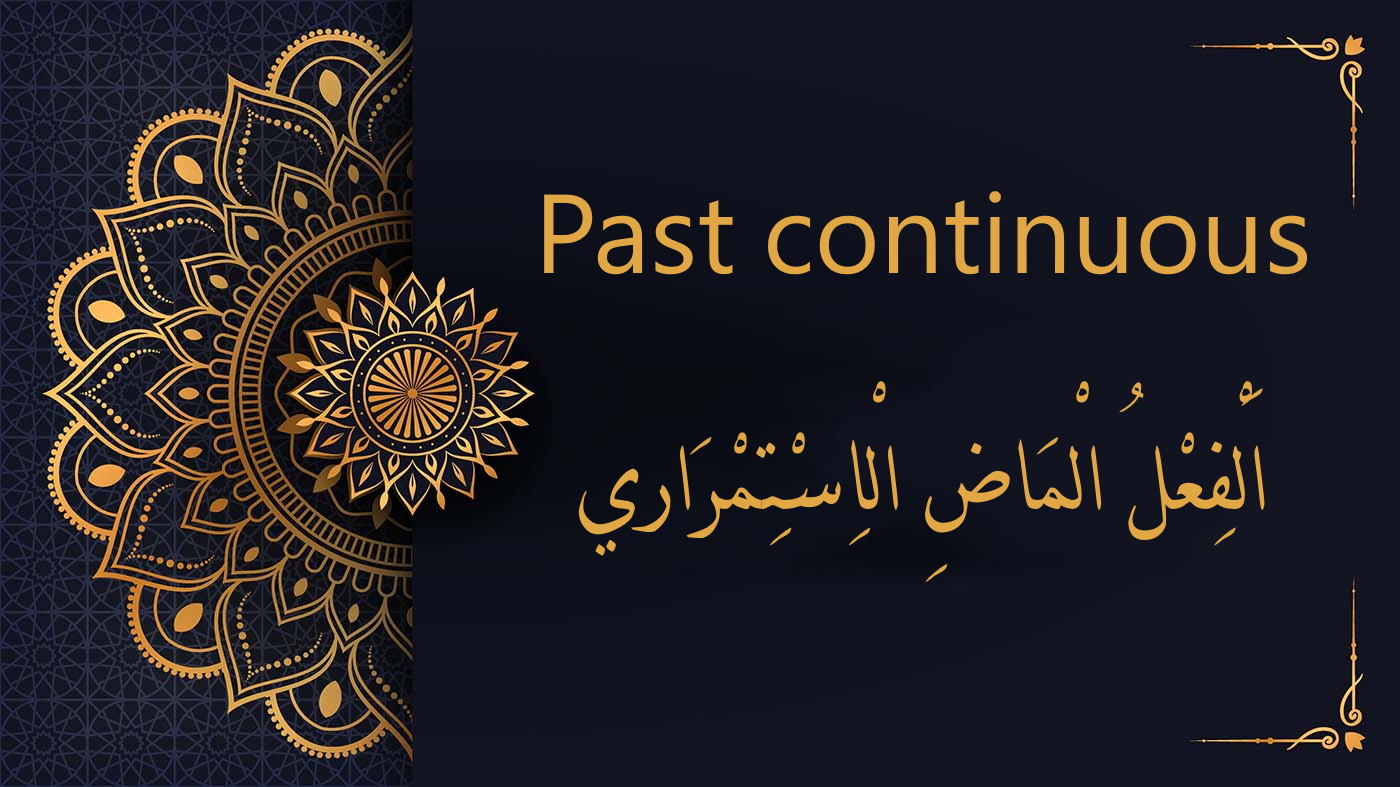
Past continuous in Arabic – الْفِعْلُ الماضِي الاِسْتِمْرَارِي Introduction In Arabic, the Past Continuous tense is formed by using the helping verb كَانَ (kana), which means “was” or “were,” followed by the imperfect tense of the main verb. This tense is used to describe actions that were ongoing or in progress in the past. Let’s […]

